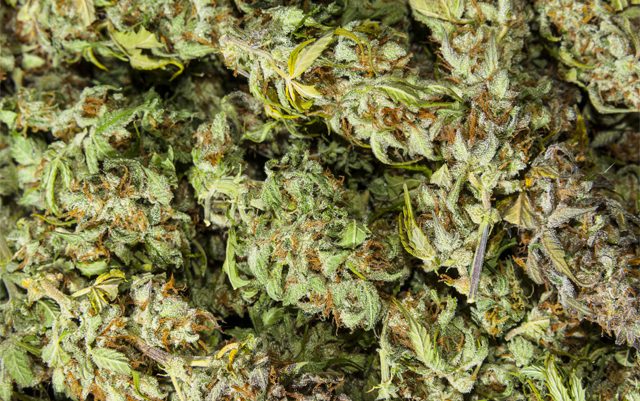Last November, voters in Maine approved Question 1, a ballot measure that legalized adult use cannabis sales, growing and possession in the state. Despite that, the top U.S. Border Patrol agent in Maine is warning that federal law still applies when it comes to marijuana as far as his agency is concerned.
“Be careful,” said Chief Daniel Hiebert, who heads the Houlton sector of the Border Patrol. “If they want to keep their marijuana, don’t do anything that is going to get our agents’ attention.” He oversees almost 200 agents that cover roughly 600 miles of border that Maine shares with Canada.
Even though agents won’t be actively seeking marijuana, Hiebert said, they will seize what they find. “I don’t have the staff we are supposed to have to do our regular work,” he said. “So border agents are being told that if you encounter marijuana, go ahead and seize it. But don’t go looking for it because that is not part of our primary mission.”
Their primary mission is stopping human trafficking, drug trafficking and potential terrorists. Marijuana is not their target, nor has it been for quite a while; since 2012, they have seized some 720 pounds of marijuana, but not a single person has been prosecuted. In other words, agents are going to put as little work into stopping marijuana as they can and still adhere to federal law.
But that doesn’t mean that they couldn’t do even less. What if a future terrorist were to slip across the border while agents were busy confiscating someone’s marijuana? Does that seem far-fetched? Is it even worth the risk?
After all, marijuana is legal for all adults in Maine. Does our understaffed border patrol need to be worrying about it at all?
And yet they do, at least somewhat. Here we see yet another way in which federal law is continuing a war just about everyone else has decided is over. Except for a few pockets of resistance, most people admit that marijuana legalization is inevitable. A (now) well-funded network of activists, a burgeoning legal industry and demographic trends are coming together to change history. More than eight decades of prohibition are coming to an end; the walls are crumbling and the foundation – once so strong – is now riddled with weakness.
It is time for law enforcement all across the U.S. to focus on real crime and solving real cases.






